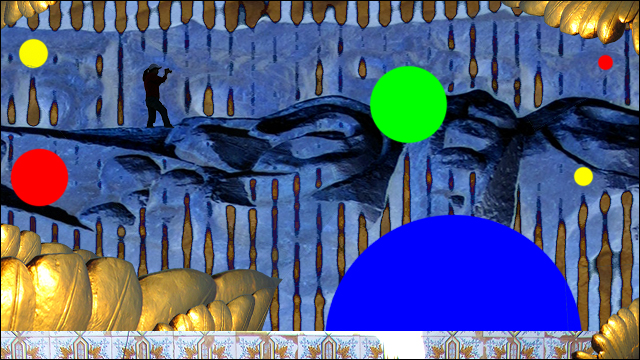Dangerous relations: self-help, media and biopower
DOI:
https://doi.org/10.15448/1980-3729.2012.2.12316Keywords:
Self help, media, subjectivity, capitalism, biopowerAbstract
The self-help phenomenon deserves our interest as communication sciences research. Its immediate visibility can be founded on the numerous publications about self-help being produced in Brazil and all over the world with expressive numbers printed; besides it is present in many literary genders, conquers audio-visual products and generates social behaviors as the trend, such as Cabala and other oriental mysticisms. This great success can be understood in relation to capitalist reality nowadays, when each man should be the entrepreneur of himself, improving competences that could increase his biocapital and excluding habits that could depreciate it. Self-help presents itself with two goals axis, the first one is related to food for the soul, in which key words would be: self-esteem, self-knowledge, comfort and happiness; the second one is of pragmatic nature, identified by success, money, prestige, beauty and health. In that manner, achieves a marketing operation, one emotional narrative compatible with biopower.Downloads
References
BAUER, Martin W.; GASKELL, Georges. Pesquisa qualitativa com texto, imagem e som. Petrópolis: Vozes, 2003.
BOLTANSKI, Luc; CHIAFELLO, Éve, O novo espírito do capitalismo. São Paulo: Martins Fontes, 2008.
BRAGANÇA DE MIRANDA, José. A cultura como problema. In: Tendências da Cultura Contemporânea, revista de Comunicação e Linguagens, Lisboa: Relógio d’Água, n. 28, out. 2000.
BUKATMAN, Scott. Terminal identity – The virtual subject in post-modern science fiction. New York: Duke University Press, 1993.
CANGUILLEN, Georges. La santé: concept vulgaire et question philosophique. Paris: Sable, 1990.
CASTEL, Robert. A insegurança social: o que é ser protegido? Rio de Janeiro: Vozes, 2003.
DOUGLAS, Mary. Pureza e perigo. Lisboa: Edições 70, 1991.
EHRENBERG, Alain. La fatigue d´être soi. Paris: Odile Jacob, 2000.
______. La societé du malaise, Paris: Odile Jacob, 2010.
FOUCAULT, Michel. A vontade de saber, História da Sexualidade I. Rio de Janeiro: Graal, 1984.
______. Le Souci de Soi – Histoire de la Sexualité III. Paris: Gallimard, 1984.
______. Naissance de la biopolitique, Cours au Collège de France, 1978-1979. Paris: Gallimard-Seuil, 2004.
FREIRE FILHO, João (Org.). Ser feliz hoje: reflexões sobre o imperativo da felicidade. Rio de Janeiro: Editora FGV, 2010.
MANSFIED, Nick. Theories of the self from Freud to Haraway. New York: New York University Press, 2000.
MOSCOVICI, Serge. A representação social da psicanálise. Rio de Janeiro: Zahar, 1978.
RABINOV, Paul. Artificiality and Enlightment, from sociobiology to biosociality. New Jersey: Princeton University Press, 1996.
ROSE, Nicholas. The politics of life itself. Biomedicine, power and subjetctivity in the twenty-first century. New Jersey: Princeton University Express, 2007.
SALMON, Christian. Kate Moss machine. Paris: Ed de la Découverte, 2010.
SLOTERDIJK, Peter. Regras para o parque humano. São Paulo: Estação Liberdade, 2000.
STEINER, Georges (Org.). A ciência terá limites? Lisboa: Fundação Calouste Gulbenkian, 2008.
TAYLOR, Charles. As fontes do self: a construção da identidade moderna. Rio de Janeiro: Loyola, 1997.
TUCHERMAN, Ieda. Breve história do corpo e de seus monstros. Lisboa: Veja, 1999.
______. Biopolítica, mídia e autoajuda: segredo ou sintoma?Revista Galáxia, PUC-SP, 2010.
Downloads
How to Cite
Issue
Section
License
Copyright
The submission of originals to Revista Famecos implies the transfer by the authors of the right for publication. Authors retain copyright and grant the journal right of first publication. If the authors wish to include the same data into another publication, they must cite Revista Famecos as the site of original publication.
Creative Commons License
Except where otherwise specified, material published in this journal is licensed under a Creative Commons Attribution 4.0 International license, which allows unrestricted use, distribution and reproduction in any medium, provided the original publication is correctly cited.






